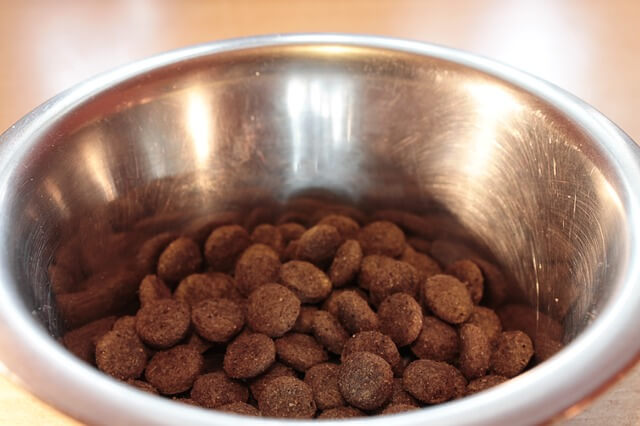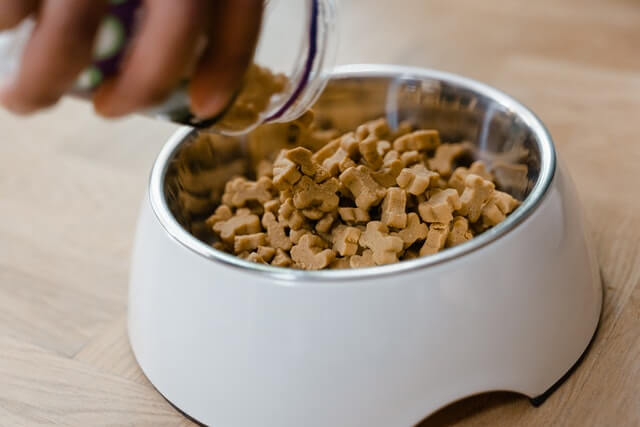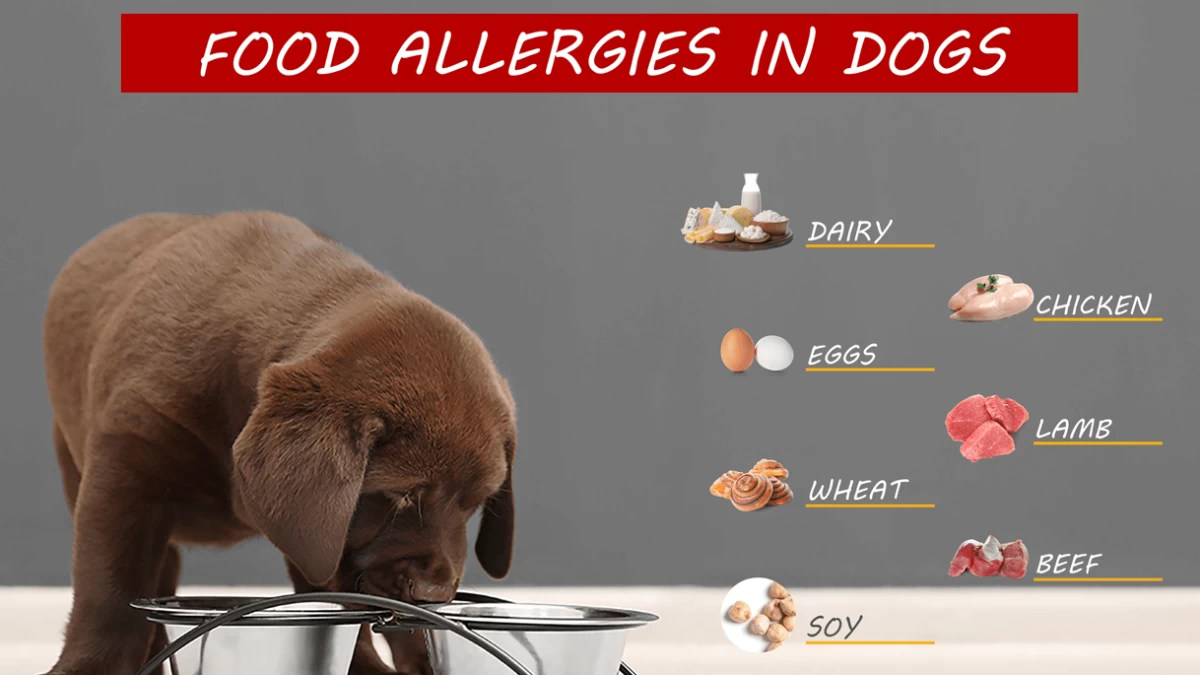Dog Food Allergies: What Are They & How To Spot Them
06.07.2022.
Just like humans, dogs can suffer from food allergies. This severe issue can cause all sorts of problems for your dog. Your dog could exhibit different allergic reactions, just like humans, and you must know how to help your dog. Food allergy can happen to any dog at any age. Stay with us and learn about dog food allergies, how to help your dog and whether there is prevention for this issue.
What is a food allergy?
This is one of the most spread allergies in dogs. Dogs will have an allergic reaction to their food or some specific substance in their food. In most cases, dogs will be allergic to protein. However, they can get an allergic reaction to any protein they eat. Dogs can be allergic to ingredients in their regular food, including elements such as beef, lamb, chicken, etc. Proteins are the most common food allergens in dogs.
Dog food allergy symptoms
If you suspect your dog has a food allergy, there are a few symptoms that will reveal and confirm your hunches. The most commonly known symptoms of food allergies are itchy skin and digestive problems. They are two main symptoms can be accompanied by:
- Vomiting
- Rash
- Gas
- Diarrhea
- Weight loss
- Hyperactivity
- Lack of energy

RELATED: What Allergy Medicine Can I Give to my Dog?
Diagnose
If you and your vet suspect your dog has a food allergy, there is a good method you can do to be sure. You will have to feed your dog with hypoallergenic dog food for at least 8 weeks as a part of the testing. You will be required to feed some dogs with this food for 12 weeks. Your vet will give you clear instructions.
IMPORTANT: When you switch your dog to hypoallergenic dog food, you must be sure that the new hypoallergenic food doesn't contain any of the ingredients your old dog food had.
If the dog no longer has the initial symptoms after the testing period, you must switch your dog to the old food and watch for symptoms and reactions. Food allergy is confirmed if your dog starts to have old symptoms again. In this case, your vet will instruct you on the best next moves for your dog.
In some cases, your vet could ask for a blood test that can indicate food allergy in dogs. However, many veterinarians claim that this is not as effective a method as food allergy testing.
What is a treatment?
Now that you diagnosed your dog with a food allergy, you must find the proper treatment for him. For most dogs, switching to hypoallergenic dog food will be enough, and your dog will be symptom-free. There are a few options of hypoallergenic diets for dogs to choose from. Your vet will for sure help you with your choice.
RELATED: Food Aggression - 5 Tips For Dealing With It

WORLD DOG FINDER TIP: To completely eliminate food allergies for your dog, you must find the ingredient that is causing problems for your dog. If you do so, in theory, you can switch your dog back to the regular diet if that diet doesn't contain an ingredient your dog is allergic to.
In a food allergy case, you should make an effort to help your dog for him to live a happy and healthy life.
Can food allergies in dogs be cured?
There is no cure for this health problem. The best thing your dog can do is to avoid food that is causing allergies. For most dogs, hypoallergenic food will do the trick and will help your dog get rid of all symptoms of food allergy.
If your dog is diagnosed with a severe food allergy, your vet could subscribe some medication for him to get better faster. In case of a bad food allergy, your vet will, in most cases, advise you to seek advice from a skin specialist that will be able to help your dog.
RELATED: Dog Food Recipes - Vet Approved Homemade Dog Food
How can I prevent food allergies in my dog?
Unfortunately, there is nothing you can do to prevent this allergy from happening. The best thing you can do is spot the early signs and, with your vet, find the right hypoallergenic food for your dog. Although you cannot prevent it from happening, you can ensure that your dog gets the proper care after the diagnosis.
Will my dog develop a different food allergy?
After your dog has been diagnosed with a food allergy, there is a possibility that your dog will again develop a food allergy to different ingredients in the future.
We asked our vet about this problem, and this is what she said:
"It is known that dogs diagnosed with food allergies can develop other allergies in the future. The best thing you can do is closely monitor your dog, and for any sign of symptoms, contact your vet and ask for advice. That way, you can ensure that your dog lives a happy life."
RELATED: Healthiest Human Food Dogs Can Eat
Conclusion
Food allergies in dogs are a severe health problem, and you must take them seriously. After you spot the first food allergy symptoms, contact your vet and schedule an appointment. In cooperation with your vet, you must find the proper diet to completely eliminate allergies from your dog's life and allow your dog to happily carry on with his life.
World Dog Finder team







Share